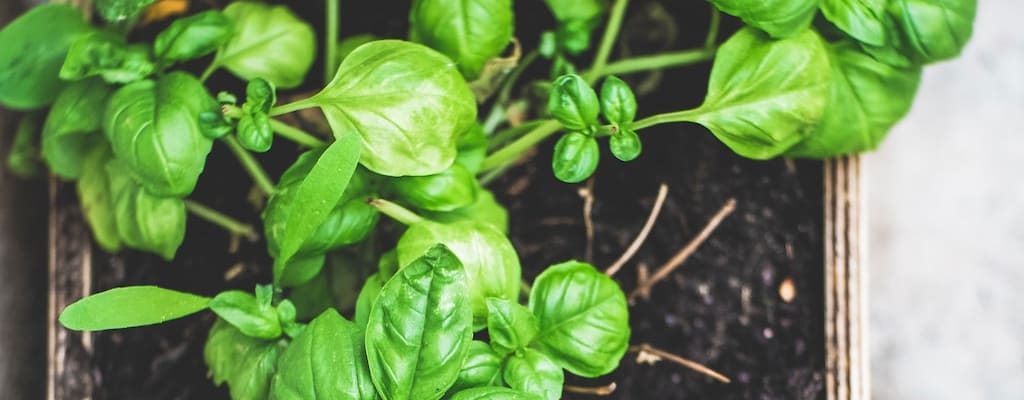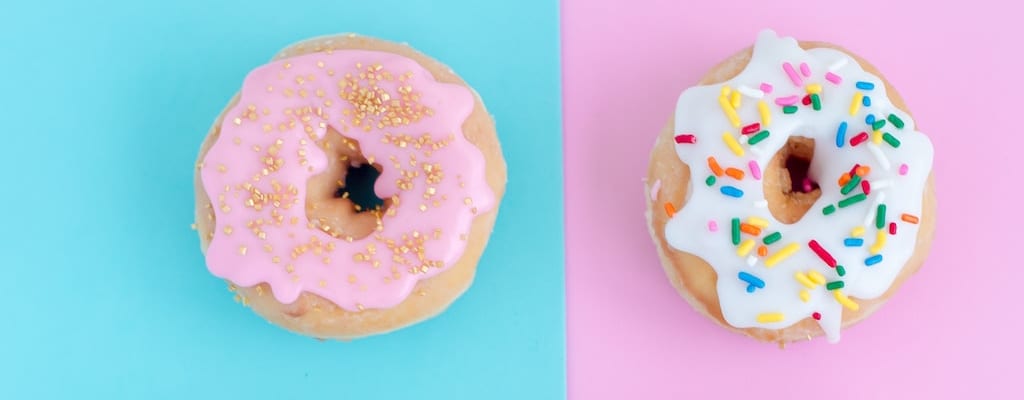cake crumbs: Idiom Meaning and Origin
What does ‘cake crumbs’ mean?
Cake crumbs refers to small or insignificant remnants or traces left behind after something has been consumed or dealt with.

Idiom Explorer
The idiom "table scrap" refers to a small amount or portion of food left over after a meal, typically given to a pet or thrown away. It symbolizes something of low value or significance, often used figuratively to describe meager or insufficient offerings.
The idiom "leave no crumbs" means to not leave any evidence or clues behind, ensuring that nothing can be traced back to you.
The idiom "eat one's cake and have it too" means wanting to consume something or achieve a certain outcome, but also wanting to keep it intact or have it for future use. It implies a desire for contradictory things that cannot both be satisfied.
The idiom "eat and leave no crumbs" means to consume or use something completely without wasting or leaving any trace or evidence behind.
The idiom "drop in the sea" means a very small or insignificant amount in comparison to a larger whole.
To "dig up dirt" means to uncover or find damaging or incriminating information about someone or something.
The idiom "cut to pieces" means to criticize or attack someone or something severely and mercilessly.
The idiom "cutie pie" is a term used to affectionately describe someone, usually a child or a loved one, who is extremely adorable or sweet in appearance or behavior.
Cake Crumbs Decoded
One idiom that has gained popularity over the years is "cake crumbs." This phrase, while seemingly straightforward, actually has multiple layers of meaning.
The origin of the idiom "cake crumbs" cannot be determined with certainty, as it does not have a well-documented history. However, it is believed to have emerged in the English language sometime in the late 19th or early 20th century. Despite its age, the idiom remains relevant in modern usage.
The literal meaning of the idiom refers to the small particles or fragments that are left behind when a cake is cut or eaten. This physical representation has been metaphorically extended to denote something insignificant or of little importance. When someone refers to "cake crumbs," they are usually highlighting the trivial nature of a situation, item, or event.
Another dimension to the idiom "cake crumbs" is its association with disappointment or dissatisfaction. This connotation stems from the idea that being left with only cake crumbs can be disappointing, as it represents not having enough or missing out on something substantial. When used in this context, "cake crumbs" implies a sense of underwhelming or unsatisfactory outcome.
Furthermore, the idiom "cake crumbs" has also been employed to express the notion of being left with the remnants or leftovers of a larger, more desirable whole. Just as cake crumbs are what remains after the cake has been consumed, the idiom can denote being left with the less desirable or leftover parts of a whole. This can be used to describe a situation where someone is left with the least favored option, or a person who is last in line or given the least attention.
The idiom "leave no crumbs" is closely related to "cake crumbs." It carries the idea of being thorough or meticulous, leaving nothing behind. It suggests that one should be diligent in their actions and make sure that nothing is overlooked or neglected. Whether it be in a task, a project, or even in relationships, "leave no crumbs" encourages attention to detail and completeness. This idiom adds another layer to the concept of "cake crumbs" by emphasizing the opposite - the importance of not leaving any remnants or fragments.
The idiom "eat and leave no crumbs" is another variation of the theme surrounding "cake crumbs." It underscores the idea of consuming all of something without wasting or leaving anything behind. Like enjoying a delicious cake and ensuring there are no crumbs left on the plate, "eat and leave no crumbs" conveys the notion of making the most out of a situation or opportunity. It encourages individuals to fully engage, participate, and take advantage of what's in front of them, leaving no trace or evidence of their presence.
Additionally, the idiom "table scrap" is also related to the concept of "cake crumbs." It refers to the leftover or discarded food that is given to animals, especially pets, after a meal. Just as cake crumbs are the remnants of a cake, table scraps are the remains of a larger meal. The idiom "table scrap" is often used to describe something that is considered a small or insignificant portion or offering. It can also imply being given something of lesser value or importance, akin to being given only the scraps from a meal.
Finally, the idiom "bite to eat" can be connected to the idea of "cake crumbs." It refers to a small meal or snack, usually consumed quickly and with little ceremony. It can be used to describe grabbing a bite to eat during a busy day or as a casual reference to a light meal. In the context of "cake crumbs," "bite to eat" highlights the small and simple nature of the idiom. Just as cake crumbs are the leftover bits of a cake, a bite to eat is a small, satisfying indulgence that can bring comfort or nourishment in a short amount of time.
The idiom "cake crumbs" carries several layers of meaning, encompassing ideas of insignificance, disappointment, and being left with less desirable remnants. While the exact origin of the idiom remains uncertain, its usage has endured over the years. Exploring the various interpretations and implications of this idiom offers a fascinating glimpse into the richness and complexity of the English language.
Example usage
1. She was so hungry, she didn't even leave any cake crumbs on her plate.
2. The detective carefully inspected the crime scene for any cake crumbs that could be evidence.
3. No one could resist the delicious aroma of the freshly baked cake, leaving only cake crumbs behind.
More "Food" idioms



